International
US ex-ambassador pleads guilty on Qatar lobbying
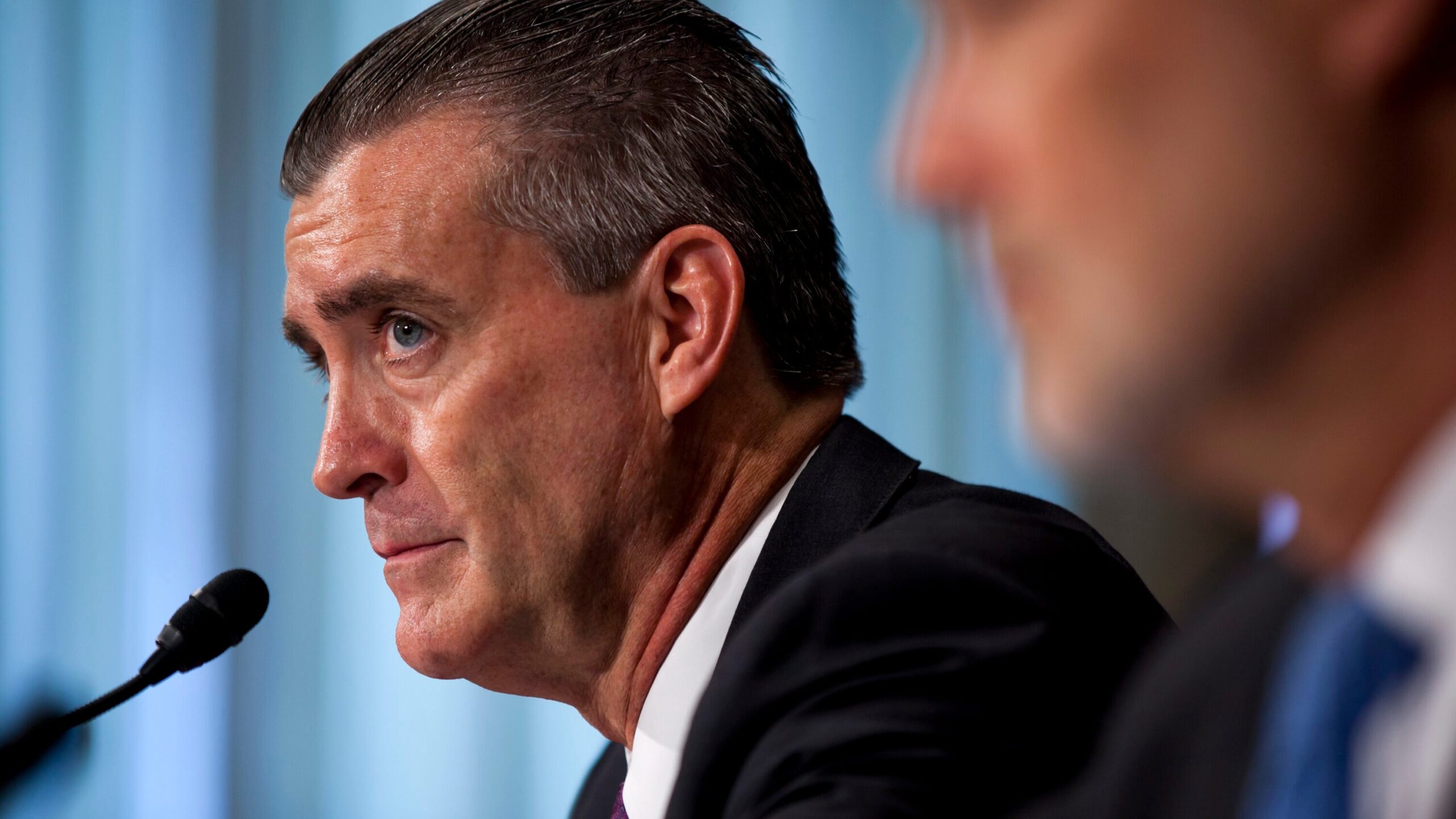
AFP
A former US ambassador has pleaded guilty to illegal lobbying for Qatar and accepting a lavish trip while serving as envoy to Pakistan, court documents showed.
Richard Olson, who has also served as ambassador to the United Arab Emirates and as special representative on Afghanistan and Pakistan, was charged in federal court over violating a restriction on lobbying for a foreign country within a year of leaving office.
According to a criminal complaint, Olson, then still the ambassador in Islamabad, met in Los Angeles in 2015 with a Pakistani American who proposed working for a business associate from Bahrain.
The Pakistani American, who was not identified, quickly arranged a trip to London to discuss the cooperation, with Olson failing to disclose $19,000 provided him in first-class airfare, a luxury hotel stay and dinner, prosecutors said.
The businessperson proposed a one-year contract to Olson worth $300,000 after he ended his diplomatic career, the complaint said.
Olson initially was asked to help Qatar lobby for Washington to allow US customs preclearance at the Doha airport, a move that would ease lucrative connections to the United States.
The former ambassador was later asked to help Qatar as it faced a blockade by neighbors Saudi Arabia and the United Arab Emirates.
A Qatari government official in turn wired $5.8 million to the Pakistani American who had approached Olson, the complaint said.
The complaint quoted Olson acknowledging being aware of ethical restrictions, saying he could not directly approach the US ambassador in Qatar.
A court filing said that Olson pleaded guilty to the offenses, with the case sent from California to Washington.
His filing was dated April 7. It was first reported by the news site Axios.
Since retiring from the Foreign Service, Olson — known as Rick — has often served as a commentator on events in Pakistan and Afghanistan.
International
Trump Defies Supreme Court With New 10% Global Tariff
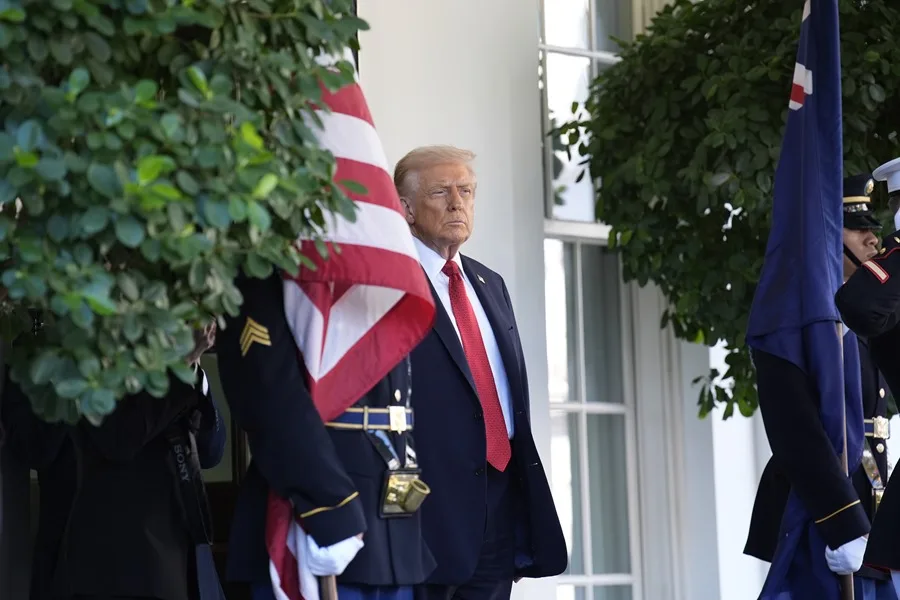
Defiant in the face of a judicial setback, Donald Trump on Friday imposed a new across-the-board 10% tariff after the Supreme Court of the United States ruled that he does not have the authority to levy customs duties under the guise of a national emergency.
The Republican president signed the order in the Oval Office and announced on social media that the measure would take effect “almost immediately.” According to a statement from the White House, the decree will formally enter into force on February 24 for a period of 150 days.
It remains unclear whether the new tariff will apply to countries that have already negotiated trade agreements establishing rates higher than 10%.
Earlier in the day, the conservative-majority court ruled that a 1977 law cited by Trump to abruptly impose tariffs on individual countries — disrupting global trade — “does not authorize the president to impose tariffs.”
Trump said he was “deeply disappointed” by the decision and accused some justices of being influenced by “foreign interests.”
Although he has made variable tariffs a cornerstone of his foreign policy, Trump acknowledged that it is uncertain whether the government will have to refund revenue already collected. A study by the University of Pennsylvaniaestimated that the amount at stake could reach as much as $175 billion.
“That issue was not addressed by the Court,” Trump told reporters, warning that the legal battle could drag on for “years.”
Justice Brett Kavanaugh, who dissented from the Court’s 6–3 majority opinion, cautioned that the legal process could become a “mess.”
Trump denied any error or haste in using tariffs as a policy tool, arguing instead that the six justices who ruled against him were motivated by “political correctness.” Vice President JD Vance wrote on X that the Court had acted “outside the law.”
International
U.S. Targets Members of Outgoing Boric Administration With Visa Revocations

The United States government announced on Friday the revocation of visas for three Chilean officials—whose identities were not initially disclosed—citing activities that allegedly “undermined regional security,” an accusation that Chile denies.
In a statement, the U.S. Department of State did not provide specific details about the individuals involved but criticized the outgoing administration of leftist President Gabriel Boric.
“The legacy of the Boric government will be further tarnished by actions that undermine regional security to the ultimate detriment of the Chilean people,” the statement read. It was signed by U.S. Secretary of State Marco Rubio.
Chile’s Minister of Transport, Juan Carlos Muñoz, later confirmed in a video message to the press that he is among those sanctioned.
“I was recently informed that my visa to enter the United States has been revoked by that country, which I deeply regret,” Muñoz said.
The U.S. statement also noted that Washington hopes to “advance shared priorities, including those that strengthen security in our hemisphere, with the upcoming Kast government.”
The electoral victory of ultraconservative leader José Antonio Kast was welcomed in Washington, which has been building alliances with like-minded governments in the region to reinforce its diplomatic and economic agenda—particularly in response to China’s growing investment presence in Latin America.
“We remain committed to promoting accountability for Chilean individuals who deliberately work to destabilize our hemisphere,” the statement concluded.
International
Three Injured in Mail Package Explosion at Buenos Aires Gendarmerie Academy

Three people were injured on Friday after a mail package exploded at the Escuela Superior de Gendarmería in Buenos Aires, according to a statement released by Argentina’s Ministerio de Seguridad.
The explosion occurred at 1:49 p.m. local time (16:49 GMT) inside a building located less than one kilometer from the Government House, the ministry reported.
“Personnel from the force handled a parcel that had reportedly been received months earlier and was being stored at the facility. When it was opened, an explosion occurred, causing injuries to two officers,” the statement said.
The ministry added that both injured officers were transported to a hospital and are not in life-threatening condition. “A third officer remains in recovery and is out of danger,” authorities confirmed.
Following the incident, police cordoned off the surrounding area, halted traffic, and evacuated the 11-story building as well as adjacent buildings on the same block.
Mariana Bornio, an employee at a telecommunications company located in a neighboring building, said that as she was being evacuated, she saw one of the injured gendarmes leaving the scene shirtless and covered with a blue medical gown.
-
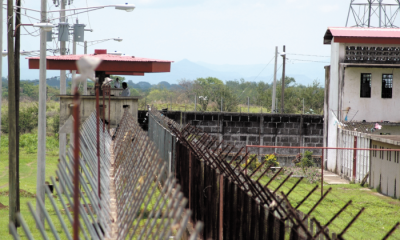
 Central America3 days ago
Central America3 days agoWashington Imposes Visa Ban on La Modelo Director Amid Crackdown in Nicaragua
-
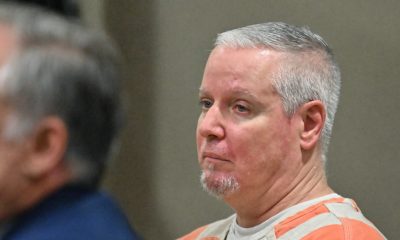
 International4 days ago
International4 days agoFather Faces Murder Charges in Georgia School Shooting Case
-
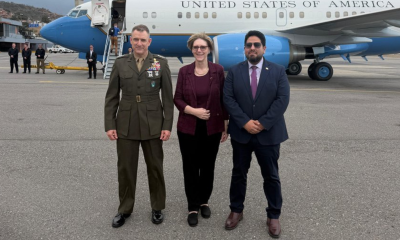
 International2 days ago
International2 days agoTop U.S. Military Commander Meets Interim Venezuelan Leaders After Maduro’s Capture
-
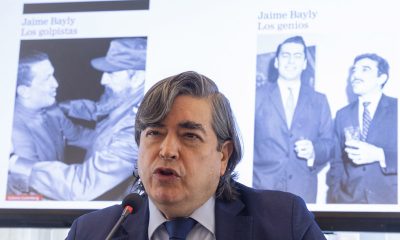
 International3 days ago
International3 days agoBayly Says Trump ‘Gets Along Better With Dictators’ and Criticizes U.S.–Venezuela Policy
-

 International3 days ago
International3 days agoRubio Engages in Quiet Discussions With Castro Family as U.S. Pressures Havana
-

 International3 days ago
International3 days agoMaduro and Cilia Flores Receive Consular Visit in U.S. Jail Ahead of March 26 Hearing
-

 International18 hours ago
International18 hours agoThree Injured in Mail Package Explosion at Buenos Aires Gendarmerie Academy
-

 International4 days ago
International4 days agoSpanish Government Targets ‘Big Tech Impunity’ in AI Image Scandal
-

 International18 hours ago
International18 hours agoU.S. Targets Members of Outgoing Boric Administration With Visa Revocations
-
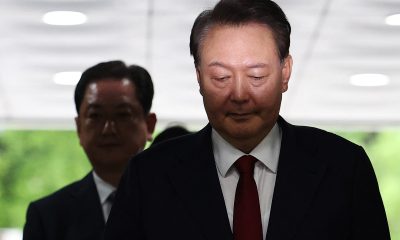
 Sin categoría2 days ago
Sin categoría2 days agoFormer South Korean President Yoon Suk-yeol Sentenced to Life for Insurrection
-

 International2 hours ago
International2 hours agoTrump Defies Supreme Court With New 10% Global Tariff
-
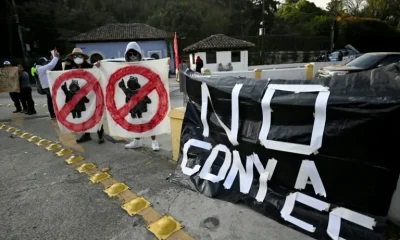
 Central America5 days ago
Central America5 days agoGuatemala’s Attorney General Consuelo Porras Loses Bid for Constitutional Court Seat


























